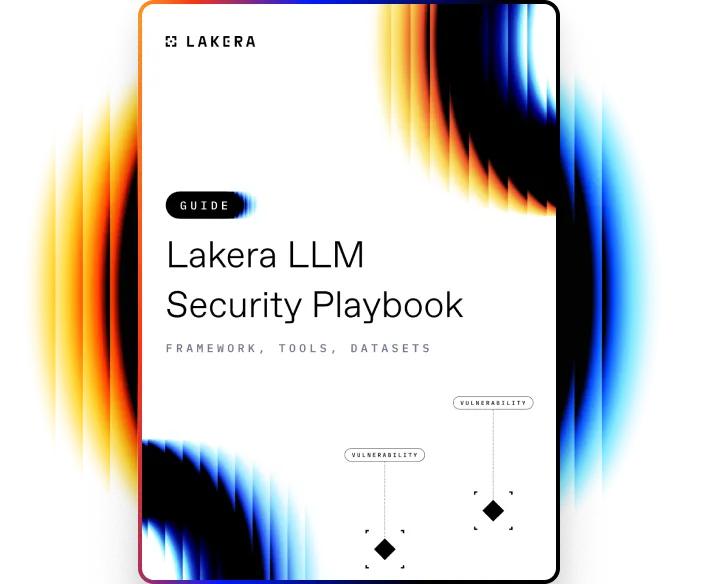Deep Reinforcement Learning
Deep Reinforcement Learning (DRL) is an exciting area of artificial intelligence that combines Deep Learning and Reinforcement Learning. It involves the use of neural networks to solve decision-making problems typically faced in reinforcement learning. The advantage of using deep learning in a reinforcement learning setting is that it allows for the handling of high dimensional state and action spaces, making it a suitable solution for complex tasks, including playing video games, robotics, and autonomous vehicles among many others.
How Deep Reinforcement Learning works
In a typical DRL setup, an agent interacts with an environment to achieve a certain goal. The agent makes a series of actions, observes the resulting new states of the environment, and receives rewards or penalties. The process helps the agent learn from its experiences, and over time, it learns to make better actions that will maximize its cumulative reward.
The deep learning part comes into play in representing and learning a policy, which is a decision-making function in the agent. A policy derived from deep learning, which is also referred to as a deep policy, dictates the action to take in each state. The policy can be deterministic, giving exactly one action for each state, or stochastic, giving a distribution over possible actions.
Moreover, DRL uses a neural network, which serves as a function approximator to estimate either the policy or the value function (a prediction of future rewards) directly from raw inputs, such as images of the current state, making it capable to process and learn from complex and large-scale data.
The learning process in DRL often involves iterative update steps, comprising of exploration (taking random actions to find new strategies) and exploitation (following the known best strategy). The balance between these two, often referred to as the exploration-exploitation trade-off, is critical to the success of DRL algorithms.

Download this guide to delve into the most common LLM security risks and ways to mitigate them.

untouchable mode.
Lakera Guard protects your LLM applications from cybersecurity risks with a single line of code. Get started in minutes. Become stronger every day.
Several people are typing about AI/ML security. Come join us and 1000+ others in a chat that’s thoroughly SFW.
.svg)